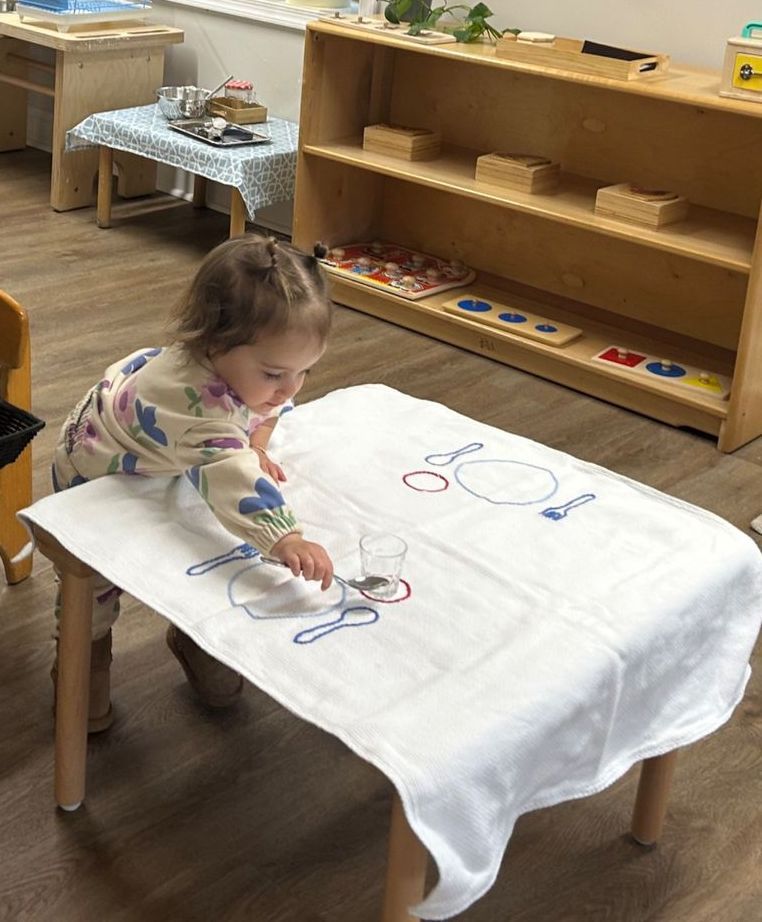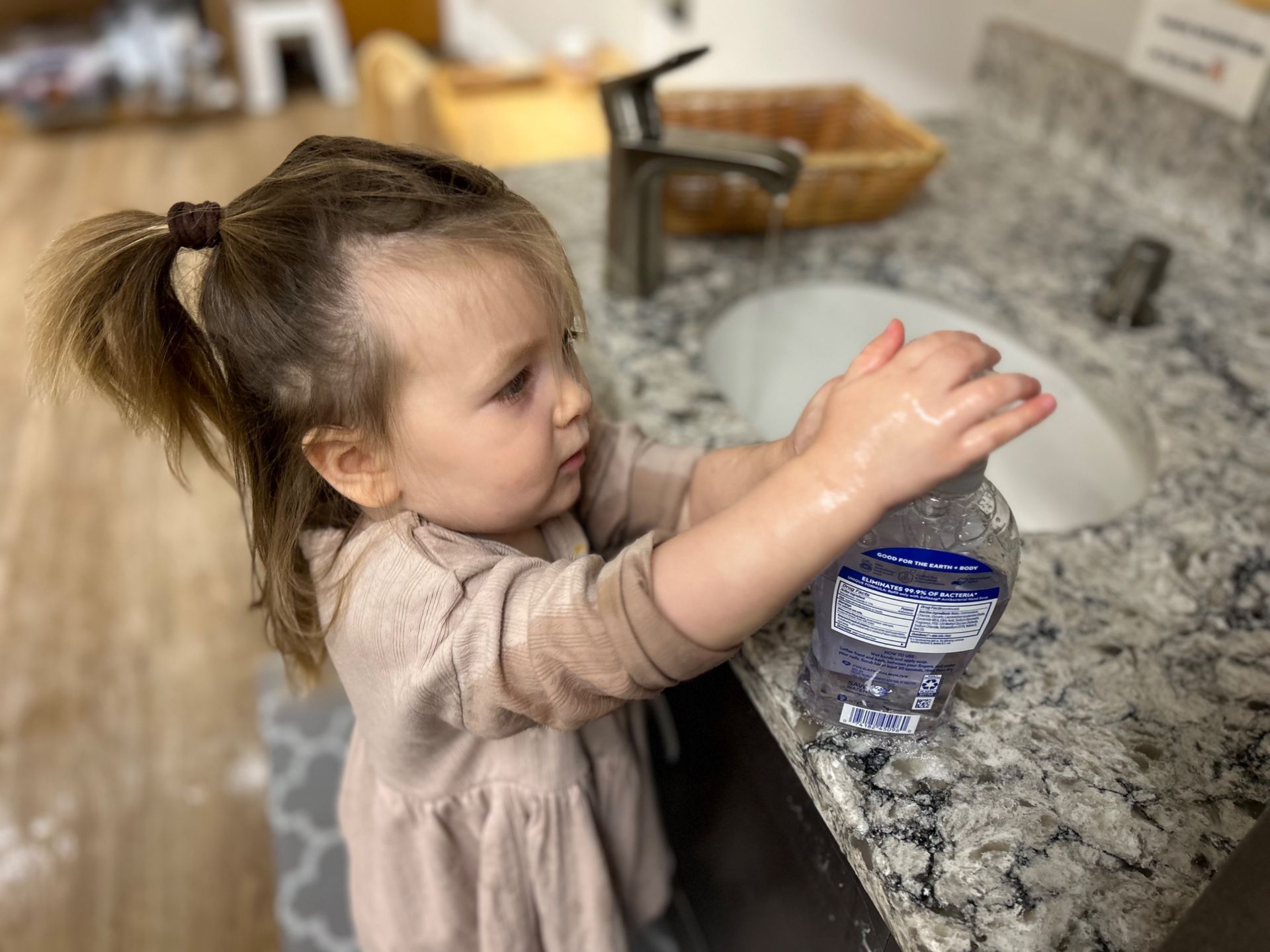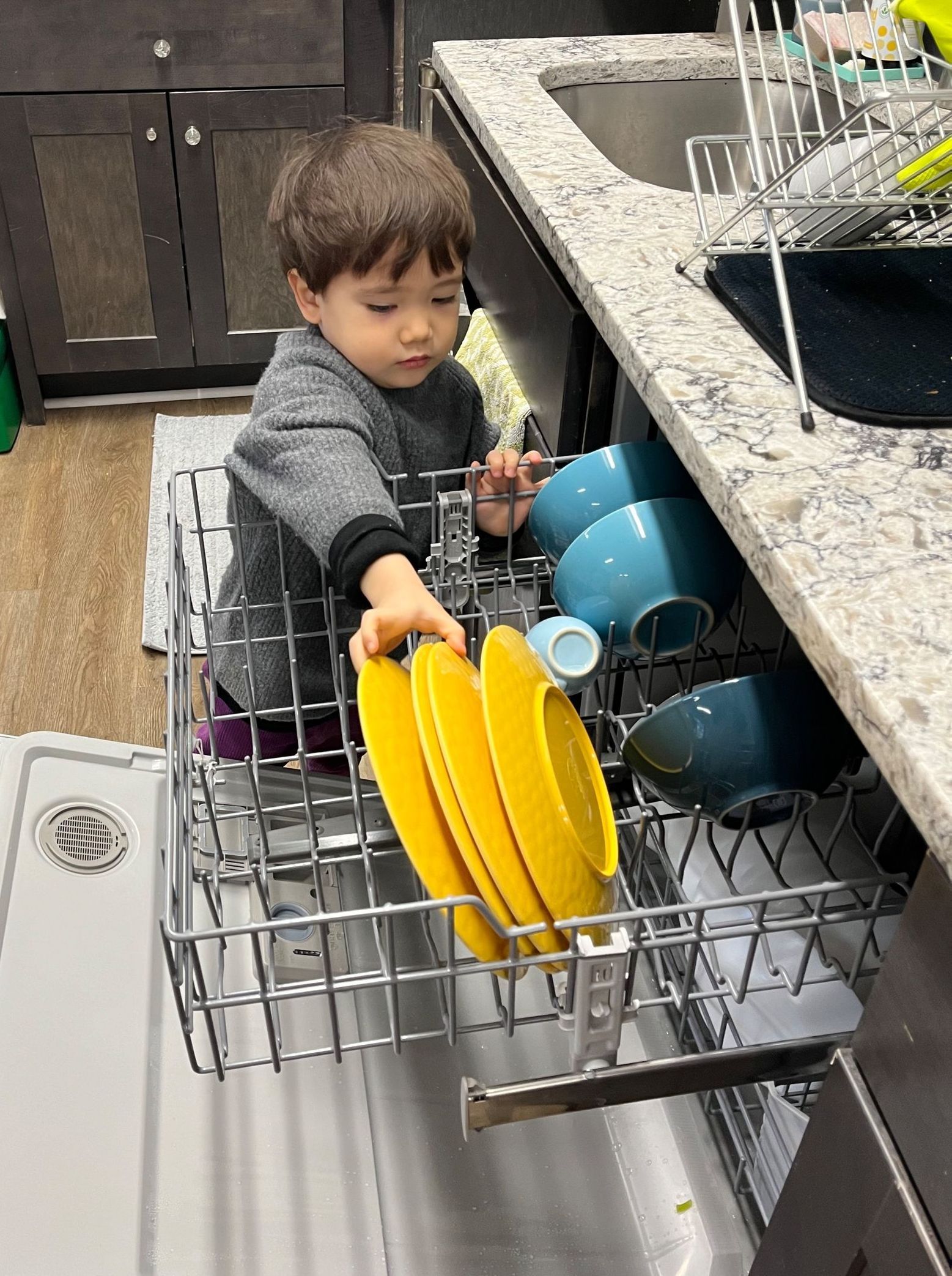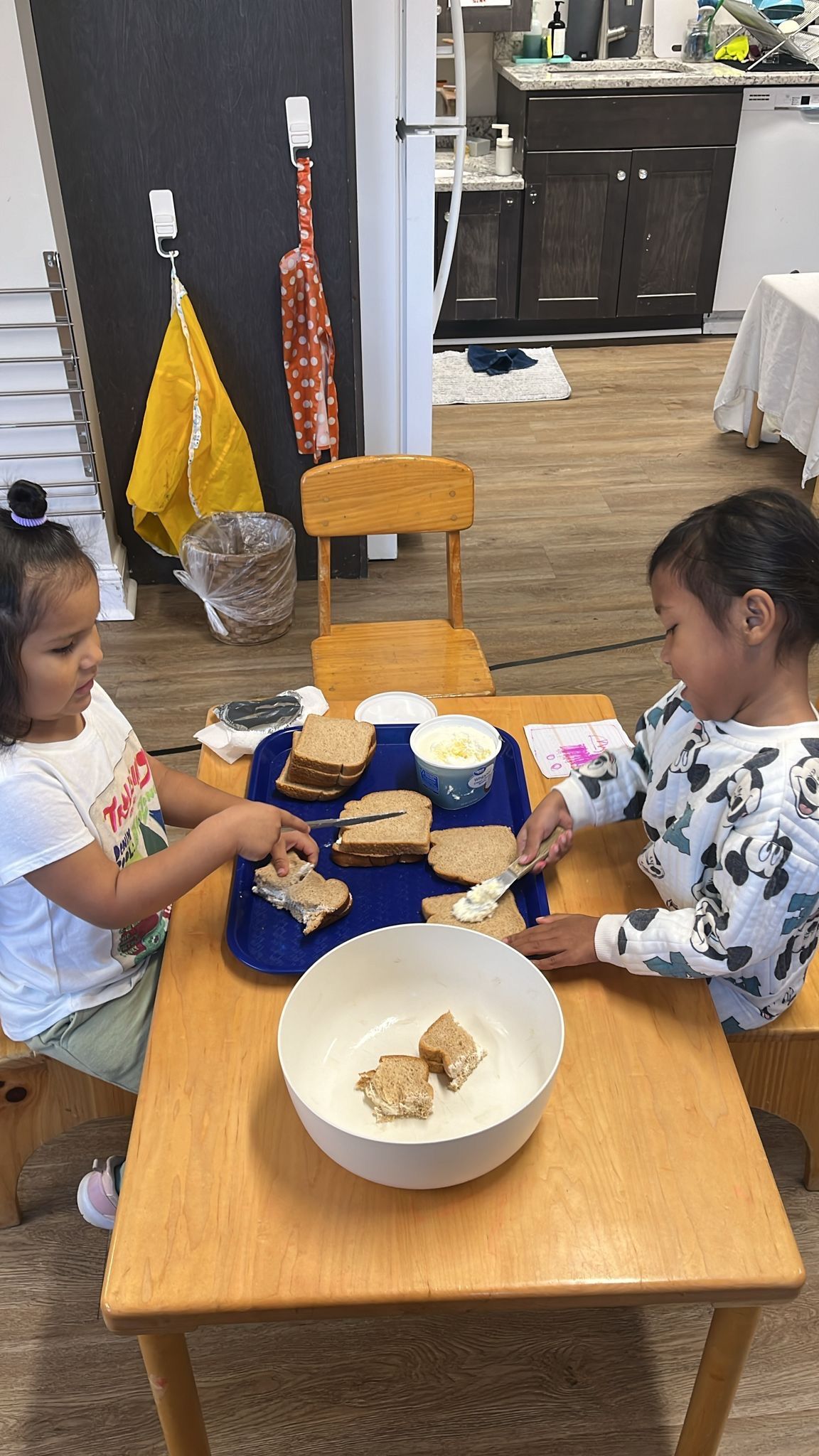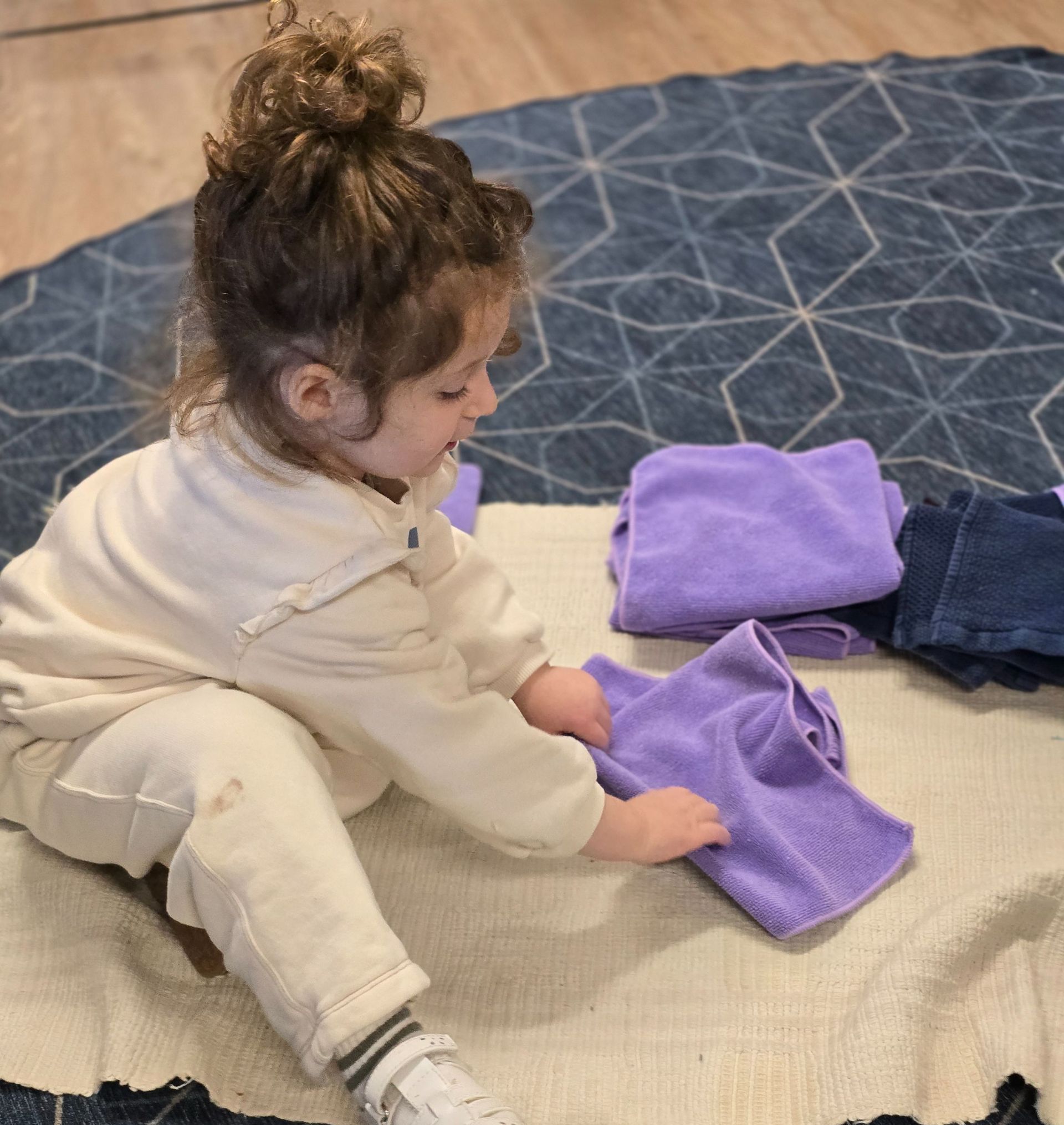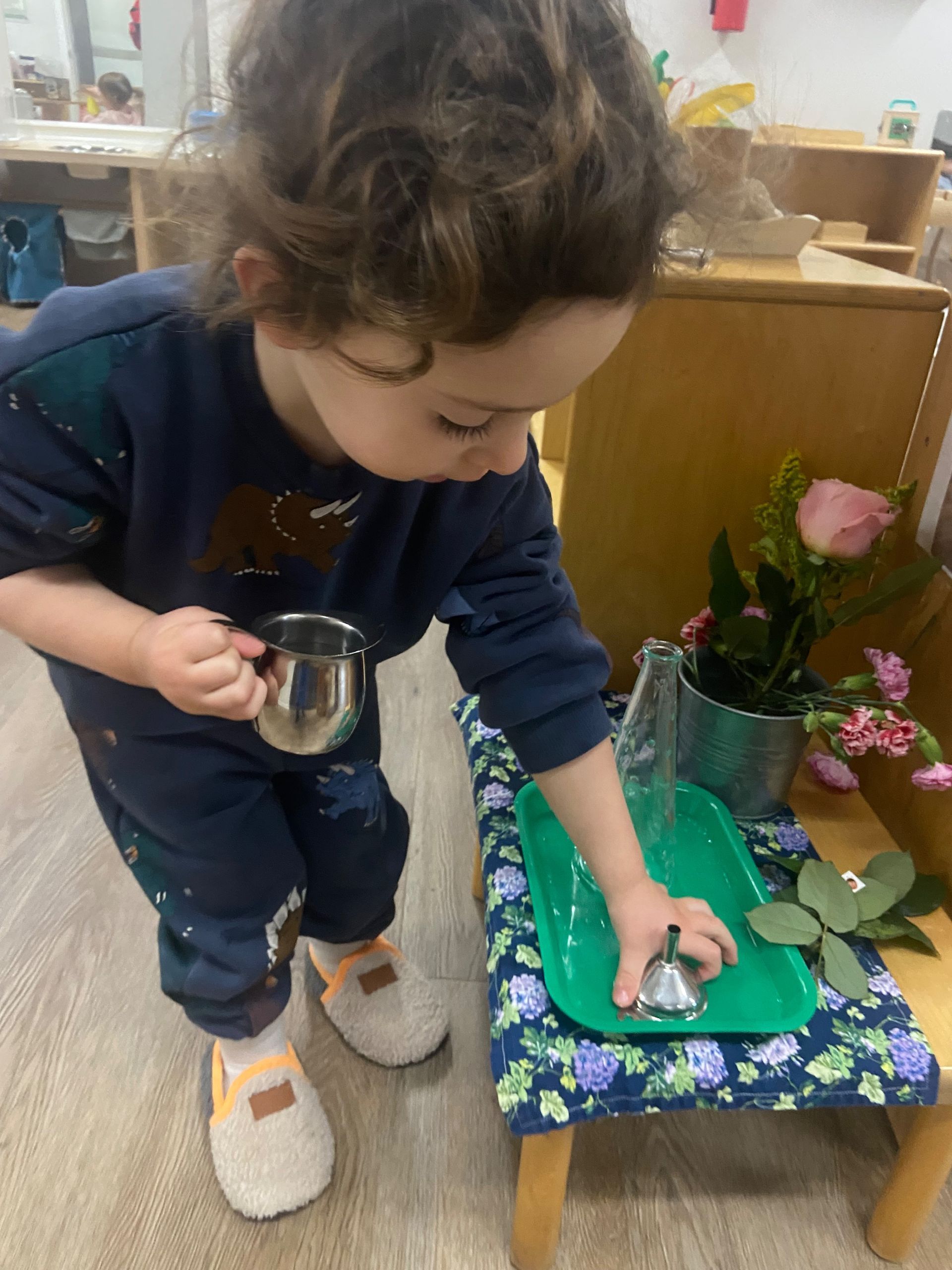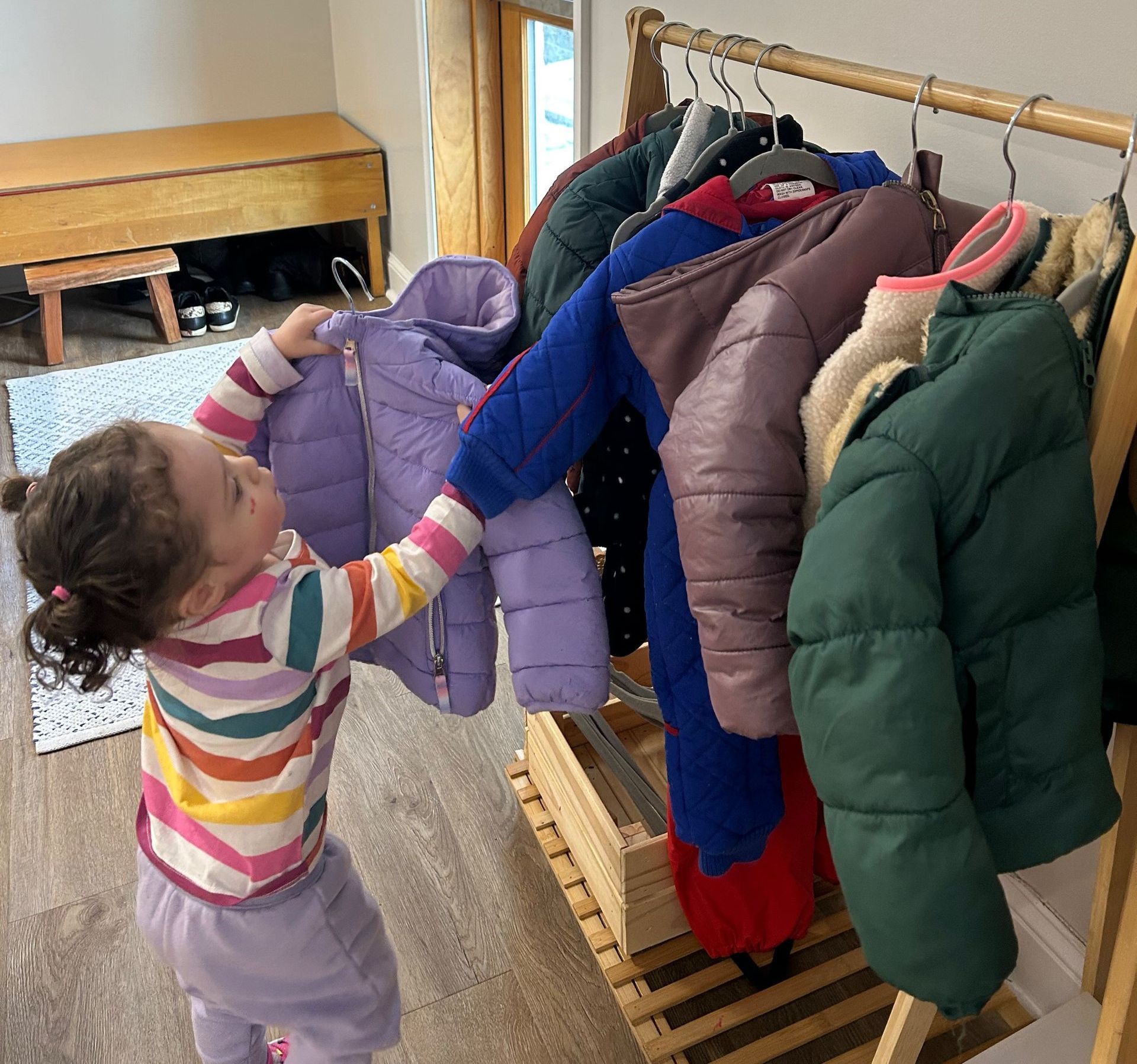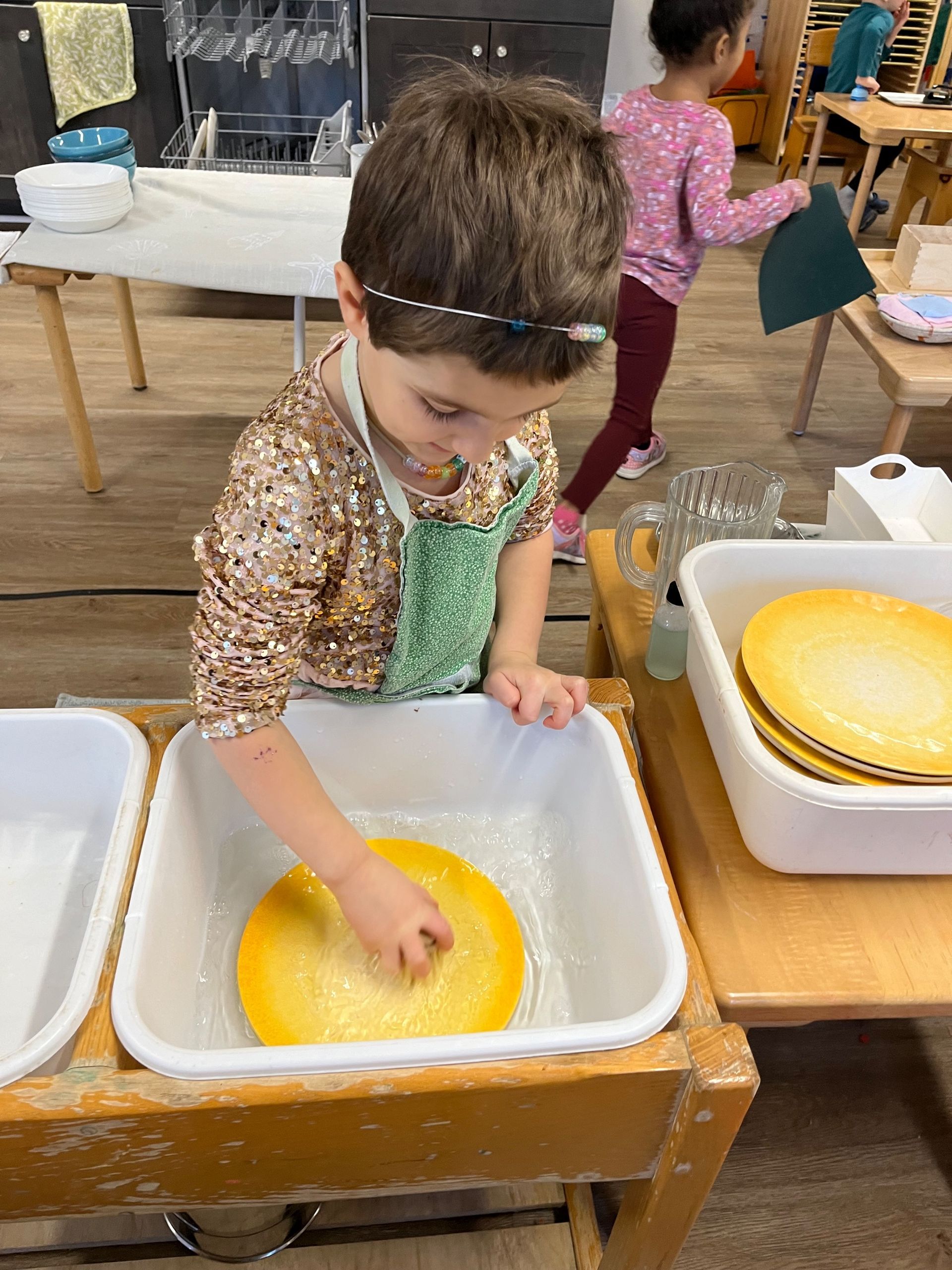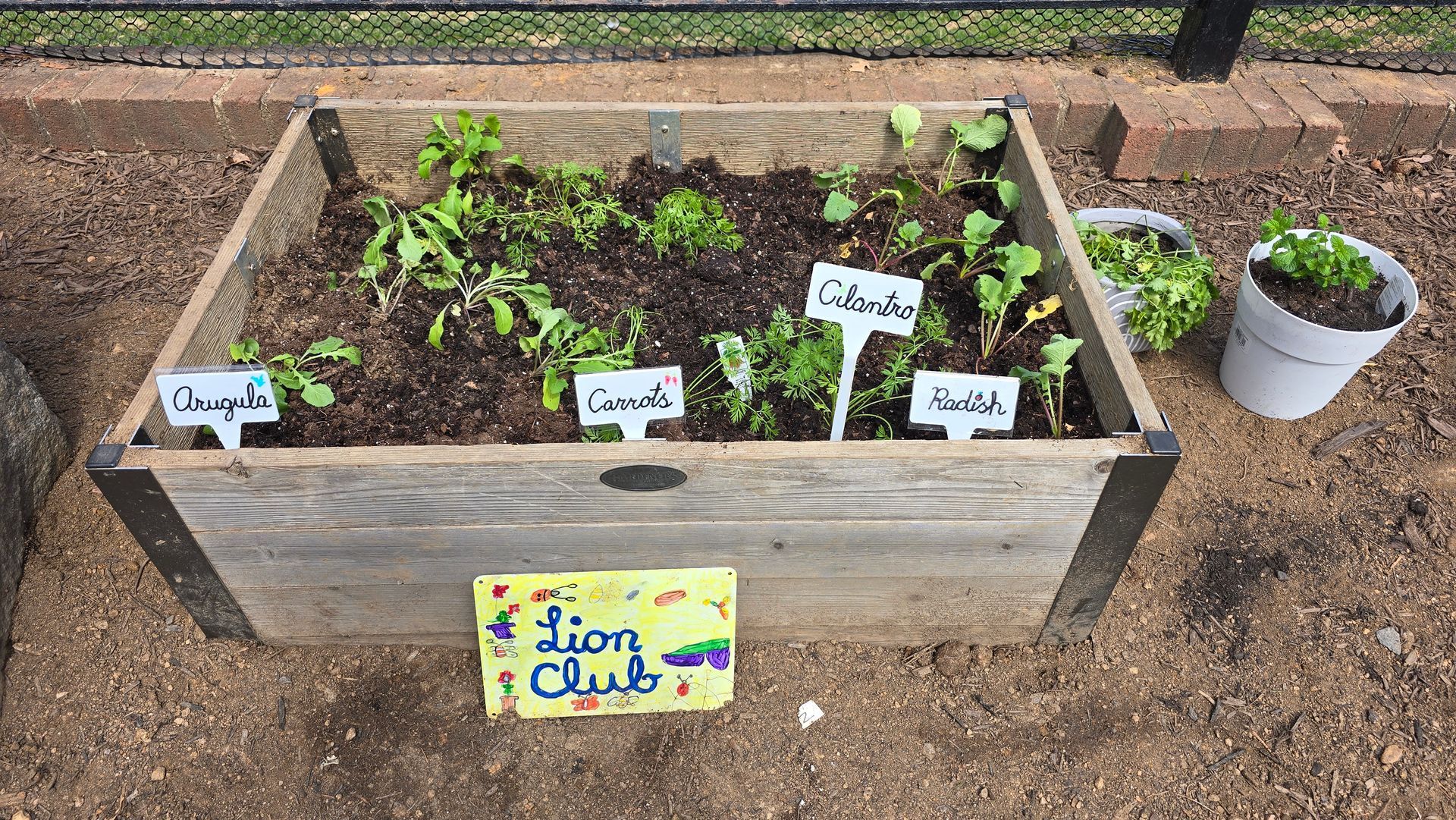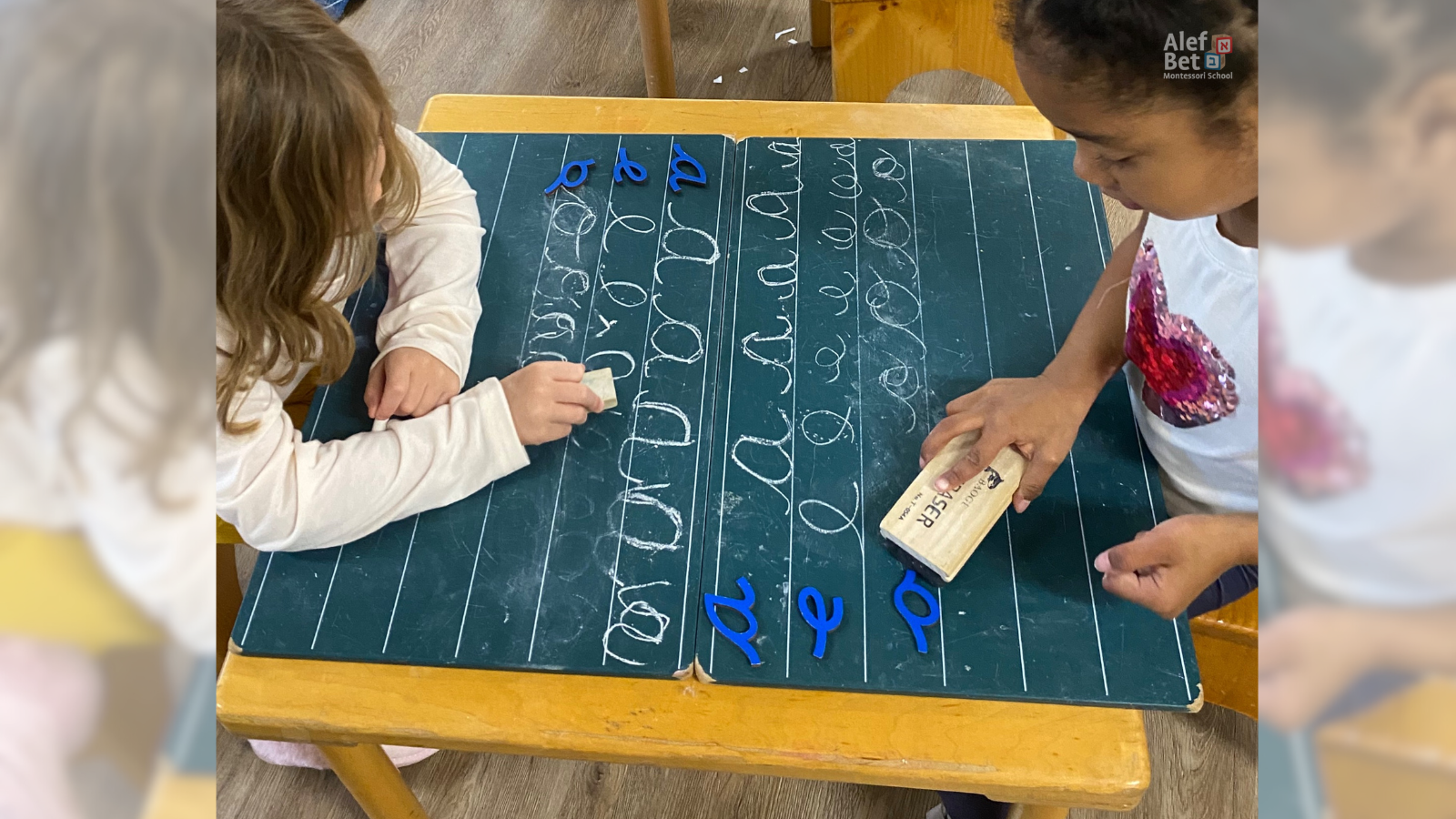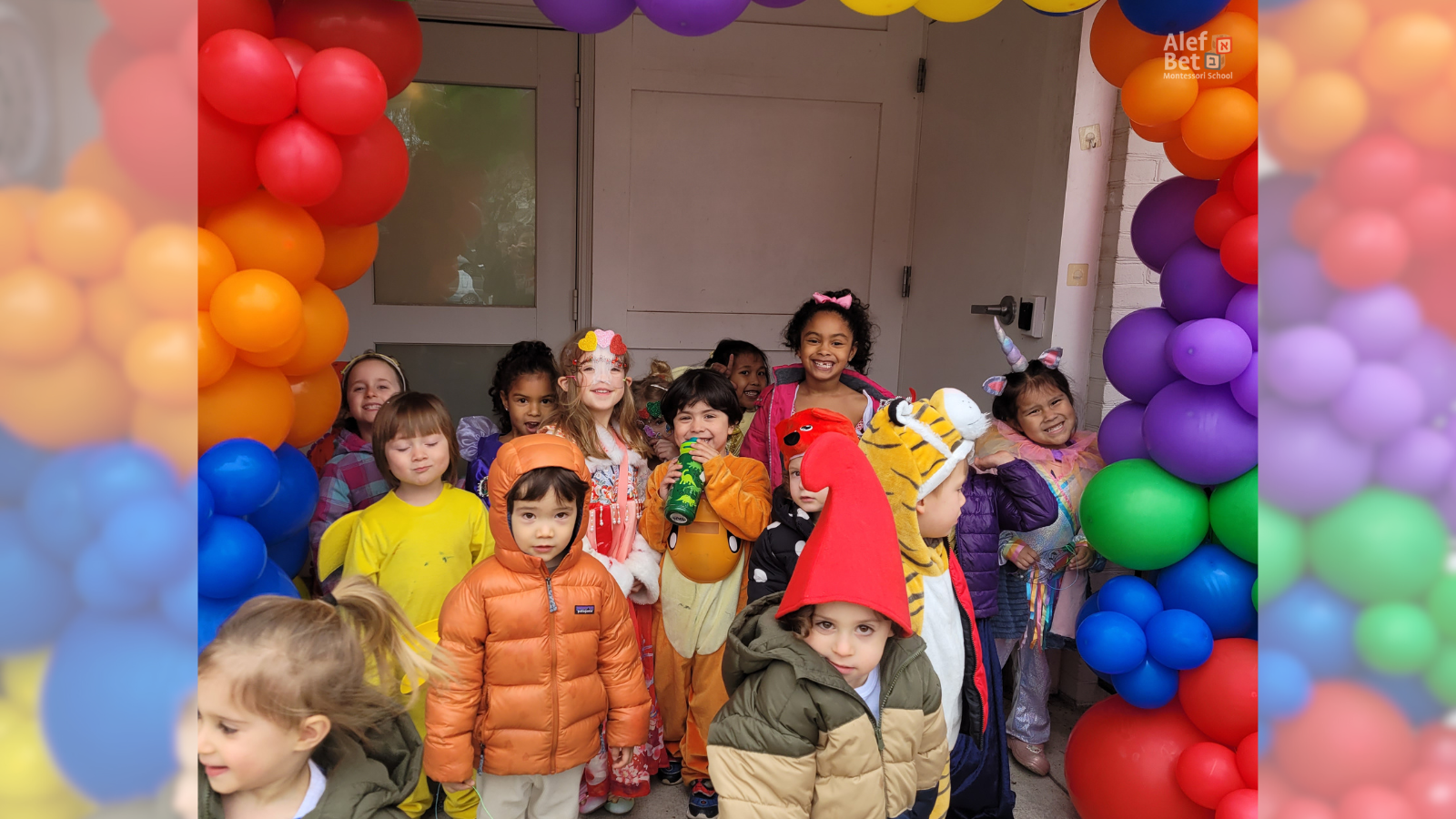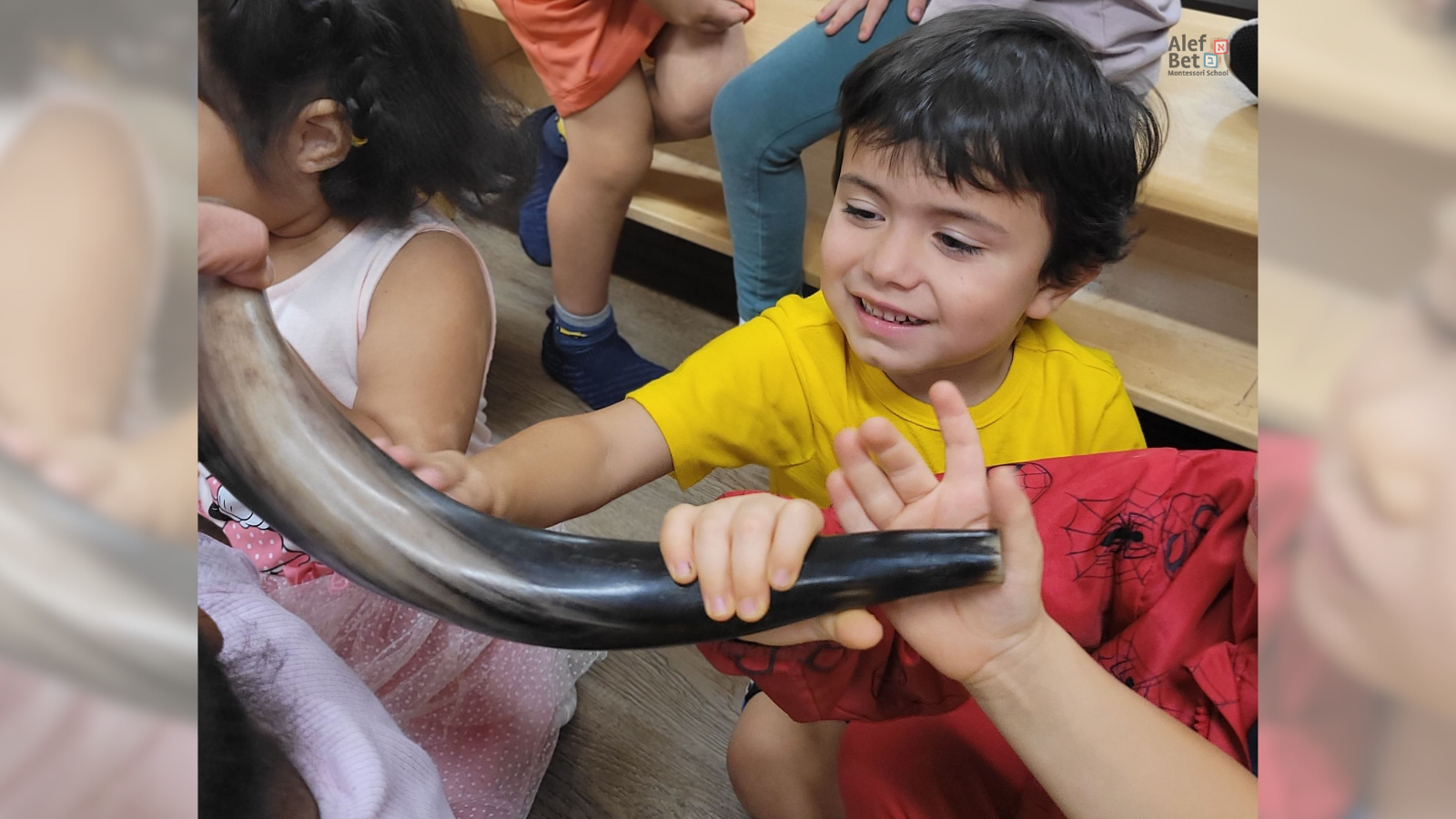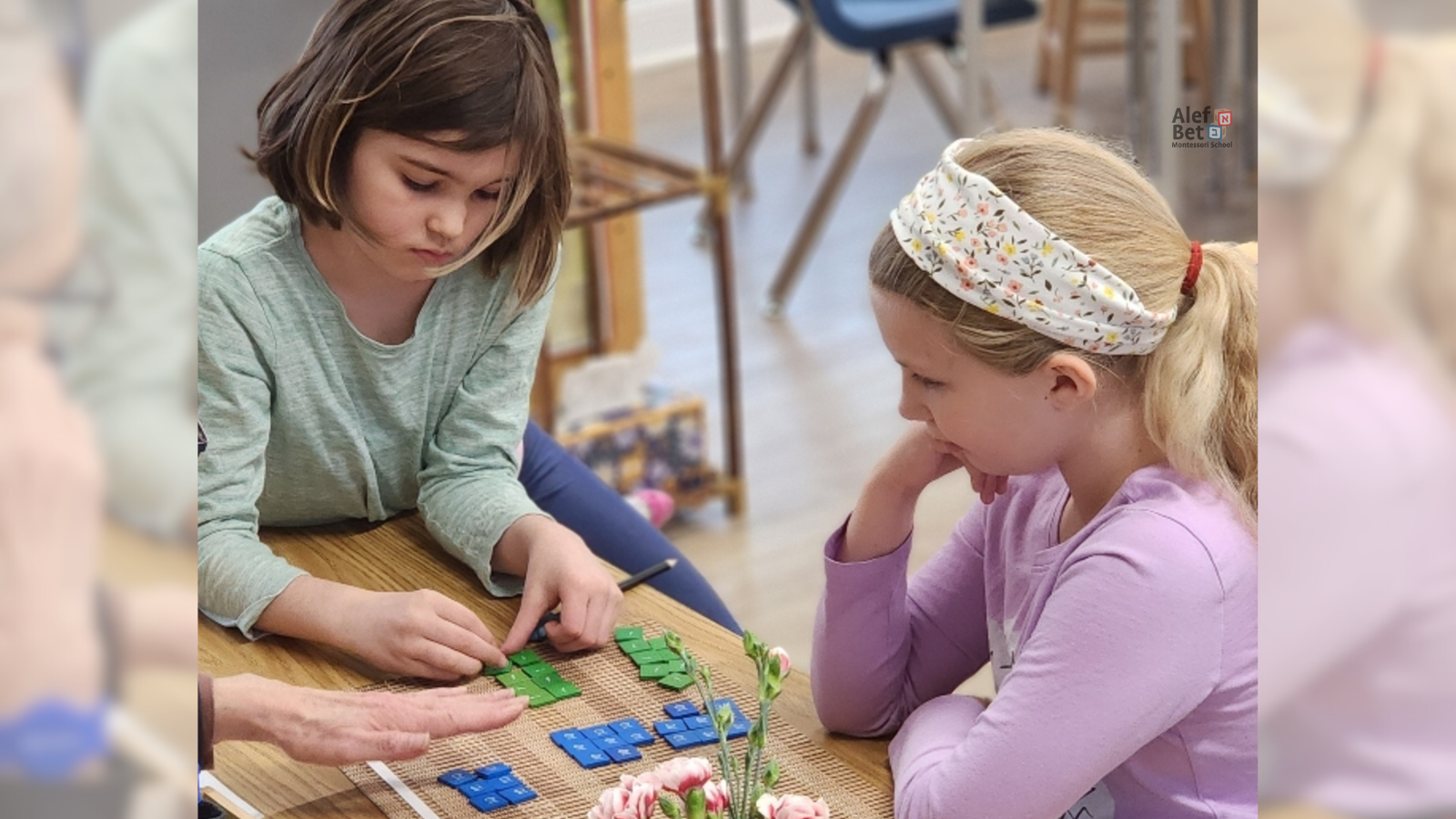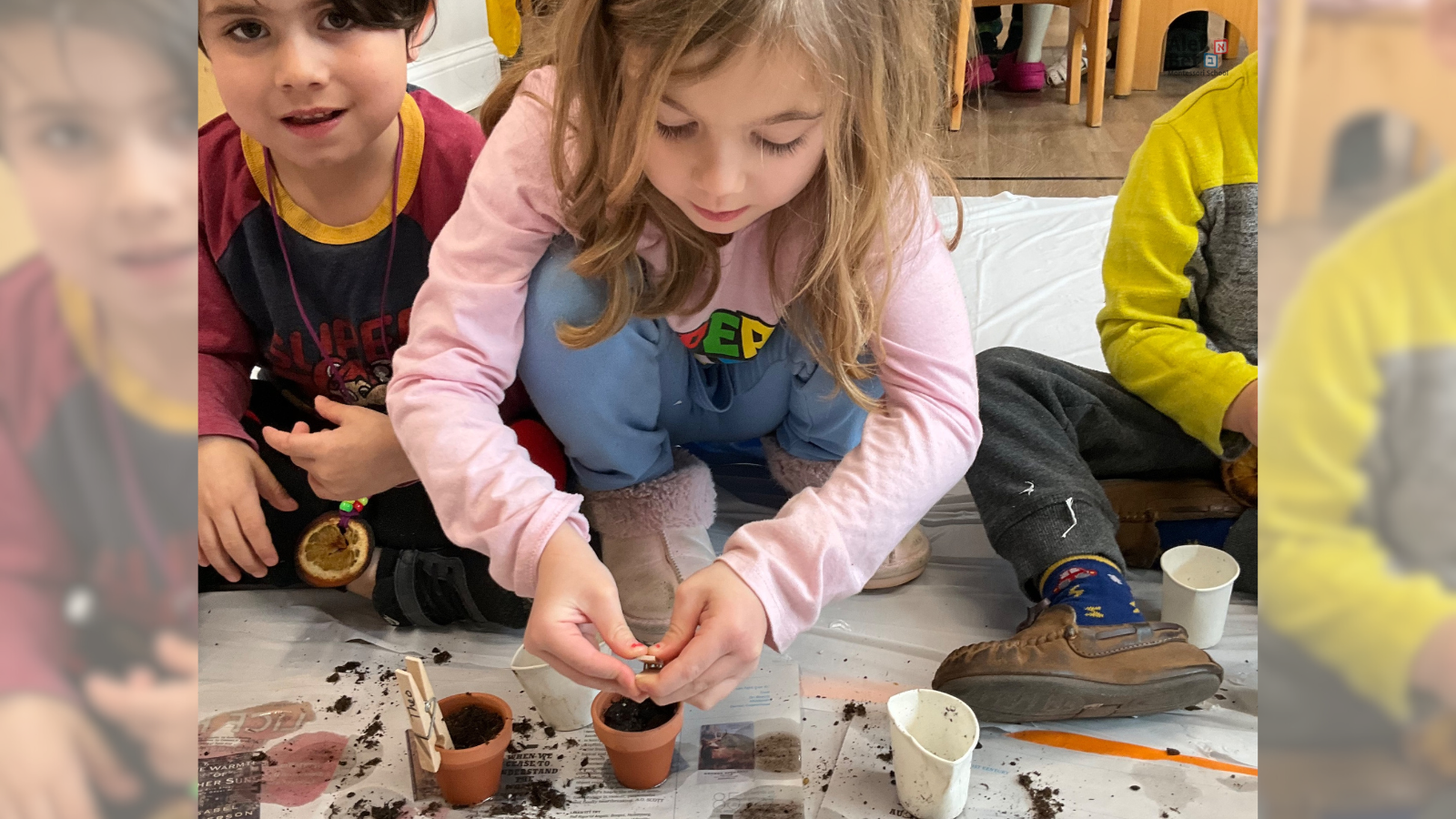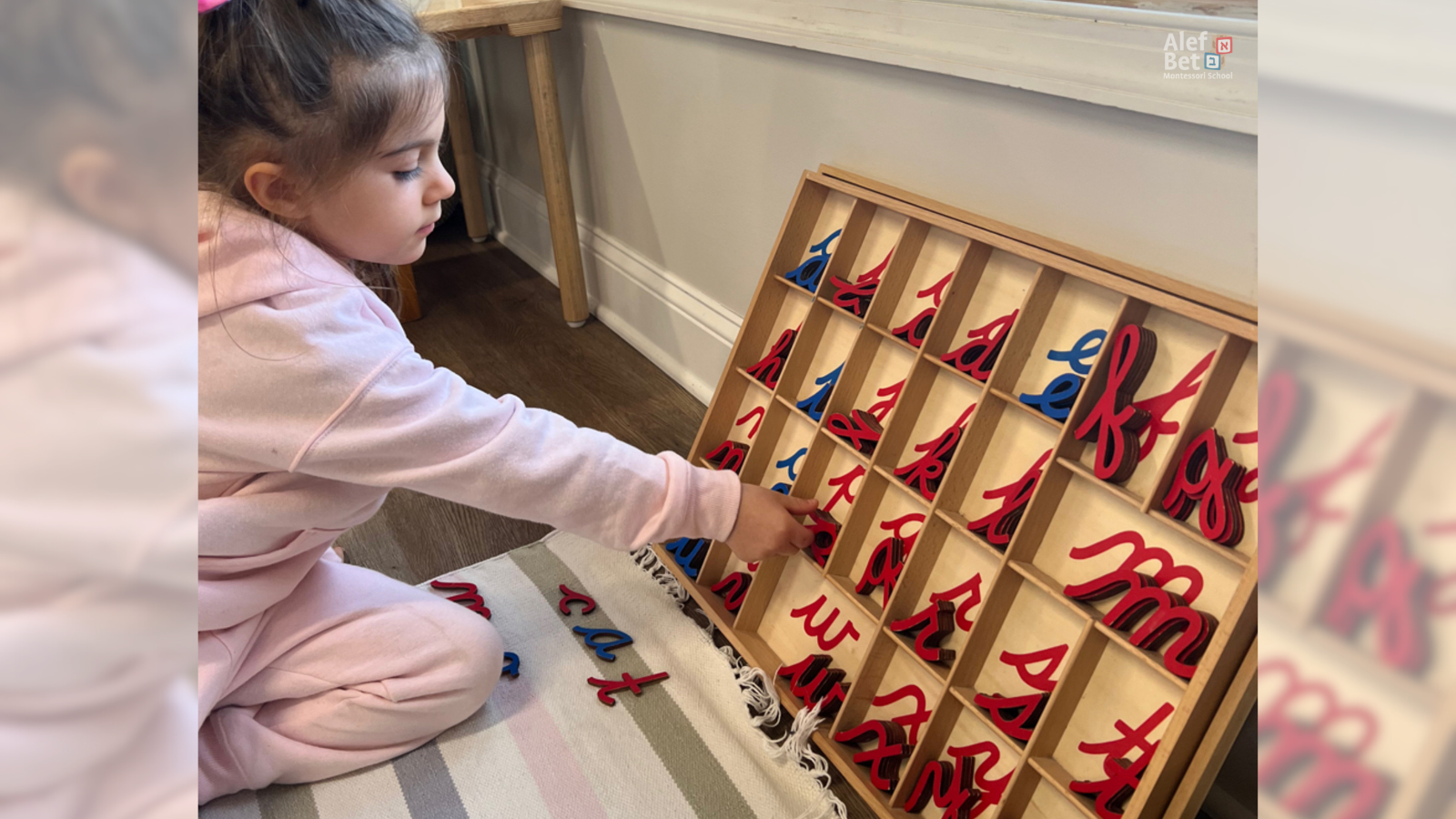Beyond Academics: How Montessori Shapes Responsible Citizens
A common misconception about Montessori education is that the entire classroom focus is on academics. True, our classroom is blessed with an incredible variety of academic work, from math, early concepts of geometry, language skills of writing and reading, and a concrete presentation of science and geography. Yet, this is not what the program is all about.
During every presentation for visitors of our school, I try to emphasize that one of our core objectives is to build a community. It takes a community to raise a child, and each child learns to be an essential contributor to the community.
So how do we do it? We put emphasis on meaningful work and behavior codes; we help the child to become responsible, independent and self sufficient. Practically saying, we allow the child to do everyday chores (what we call Practical Life Exercise), while making chores matter. Chores can be anything from helping set up materials, cleaning the table with water and soap, washing hands and sewing. In doing so, we do not allow ourselves to underestimate the child. Quite the contrary, we believe in her and grant her the responsibility to do it by herself.
According to the Talmud, “teaching your child to swim,” is a parental responsibility. Swimming is a requirement because the goal of parenting is to raise our children to leave us. The children need the practical, ordinary survival skills. The clinical psychologist, Wendy Mogel, Ph.D., writes in her book “Blessing of a Skinned Knee” about how assigning children with chores helps them to become self reliant. She talks about two-year-olds who exercise self-care, such as using the toilet, doing their own grooming and feeding themselves. By age three, she says, children can begin to be given responsibility for dressing themselves. “Older preschoolers can water plants and help to sort the laundry by color. By four they can wash hands and brush teeth with some supervision.” This exercise should not stop at the school door. It should enthusiastically be taken home.
Our aim is to teach our children how to contribute in taking care of the household. Older children and teenagers learn cooking, ironing, washing the car. We are using the family, according to Mogel, as a “little laboratory for what Judaism sees as the most mature stage of responsibility, where we treat our community as family, give charity and provide service to others.”
In our unique classroom, we allow children to do everyday chores, and applaud a successful completion of each chore. No wonder Professor Steve Hughs, a pediatric neuropsychologist says that there is nothing like the Montessori classroom to help develop a child’s sense of self esteem, accomplishment and responsibility. It is a scientifically based philosophy that helps develop the child’s brain.
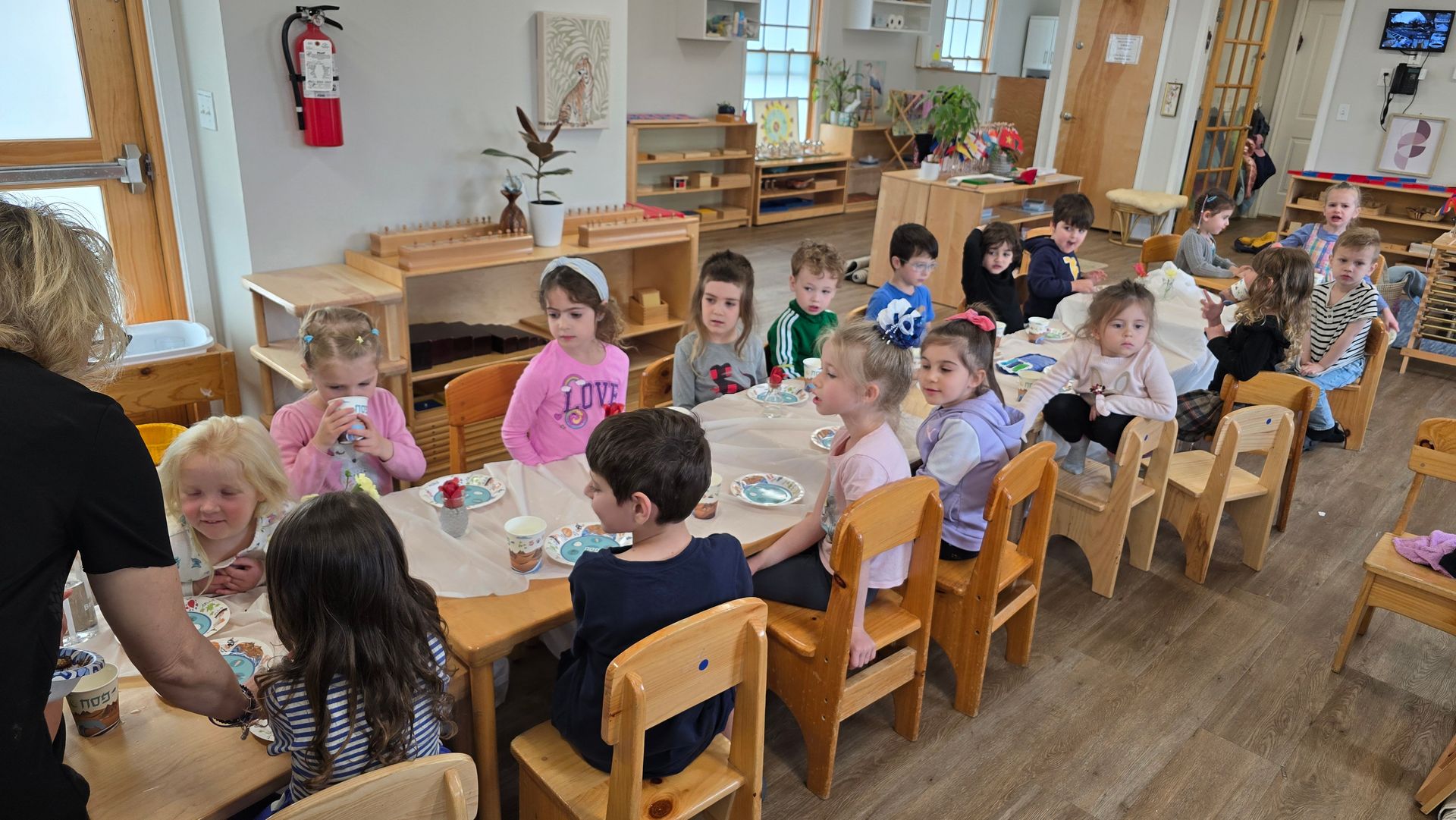
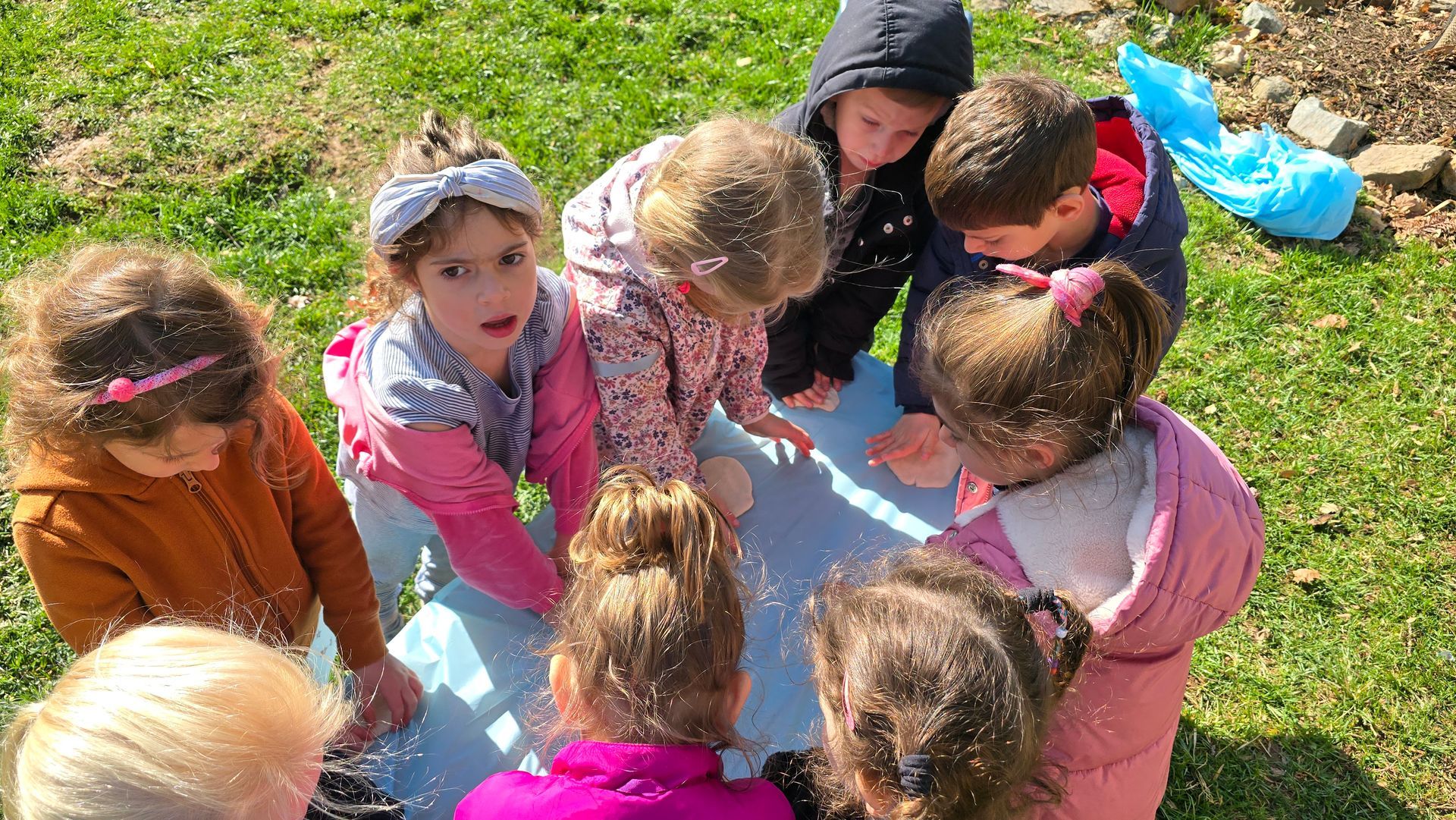
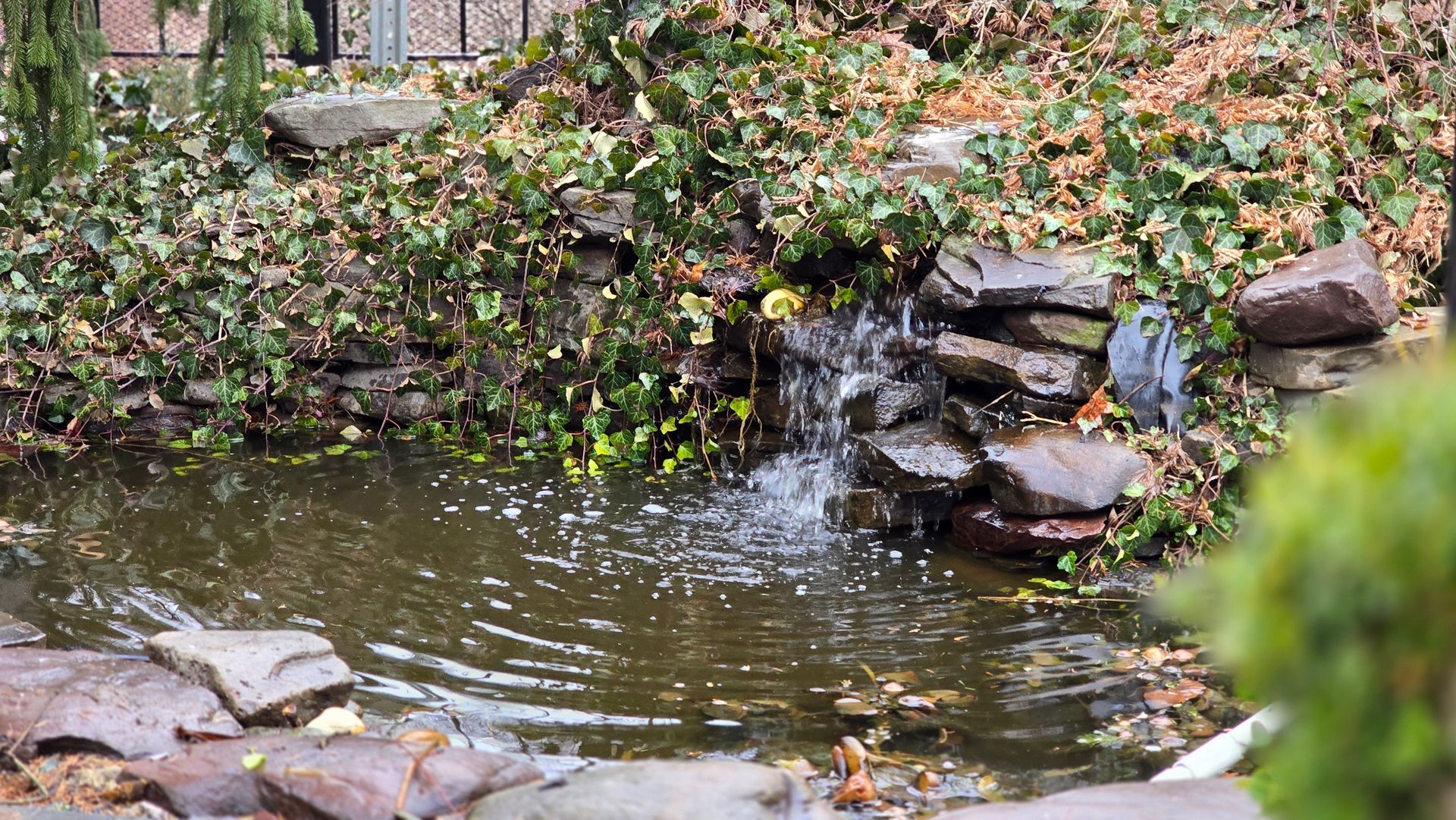
OPENING HOURS
Elementary 8:15 - 3:00
Primary 8:15 - 3:00
Toddlers 8:30 - 2:45
Aftercare 3:00 - 5:00
PROGRAMS
Alef Bet Montessori School
Alef Bet Montessori School
